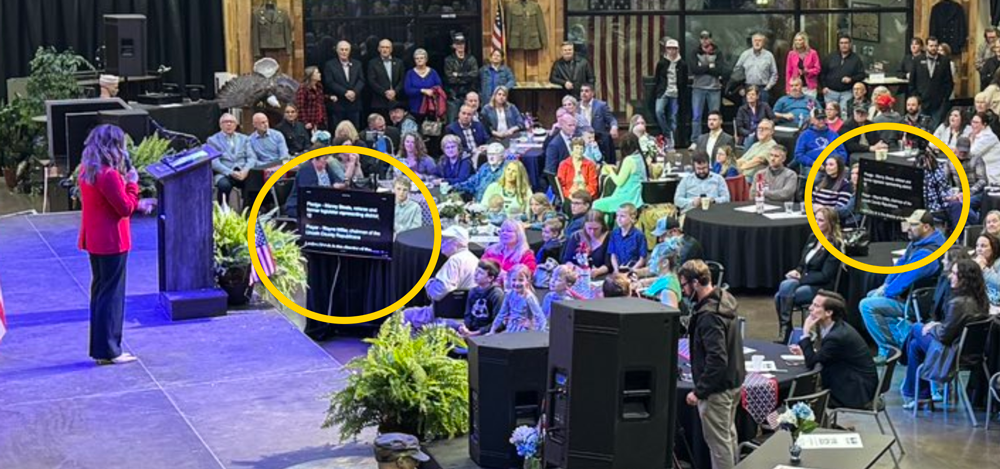A Shared Challenge – with Communities Leading the Way
By: Gov. Larry Rhoden
April 25, 2025
In South Dakota, we value personal responsibility, strong families, and local control. We believe parents should remain the primary decision-makers when raising their children. However, we also recognize that child care is part of a community structure that supports a strong workforce. Across South Dakota and the nation, I hear from families that are struggling with child care availability.
While the issue is often raised as an urgent crisis, it is important to recognize that many of the solutions being proposed are not always grounded in what families and communities need. Some argue that the government should take the lead in solving this issue, often suggesting that subsidizing more taxpayer dollars into the system is the answer. While that may provide temporary relief, it’s not a sustainable solution.
Before we rush to create new programs or expand programs beyond their intended purpose, we should first consider the needs of families and take note of the solutions already developing in our South Dakota communities.
For instance, during my Open for Opportunity tour, I visited a successful, community-driven child care solution in Watertown. Our Little Village Learning Center is opening next month. This project shows what’s possible when a community comes together with a shared purpose.
Through the support of local donors, sponsors, and volunteers, the center was designed to address the area’s child care needs. This approach fosters a broader sense of shared responsibility for the well-being of children. The City of Watertown, Codington County, Harmony Hill Watertown, and a wide range of local businesses and private donors played a critical role in making the project a reality.
In addition to strong local support, Our Little Village Learning Center accessed a South Dakota Works Loan and received a one-time grant from the South Dakota Office of Homeland Security. These funding sources enabled the program to scale quickly without depending on ongoing state support. The center also received technical assistance from the Department of Social Services to support operations and ensure compliance with state regulations.
When I was in Winner on my Open for Opportunity tour, I stopped by a local in-home daycare. This is a nimble solution that remains a core part of the future of child care. I am proud of the South Dakotans who take initiative to invest in our children.
In Madison, the Early Learning Center is another project that demonstrates the importance of community-driven child care solutions. This center received funding through a Community Development Block Grant and ARPA funds during the Noem-Rhoden Administration. However, continued local investment will be crucial going forward. EmBe Education, Lake Area Improvement Corporation, and several local donors within the community will work together to build the support our children and families deserve.
This combination of targeted state resources and sustained local investment has created a model that demonstrates how communities can unite to solve pressing challenges like child care.
If we want lasting solutions, we need continued community support and the investment of local businesses. Together we can meet this challenge and keep our families strong, safe, and free.
###











